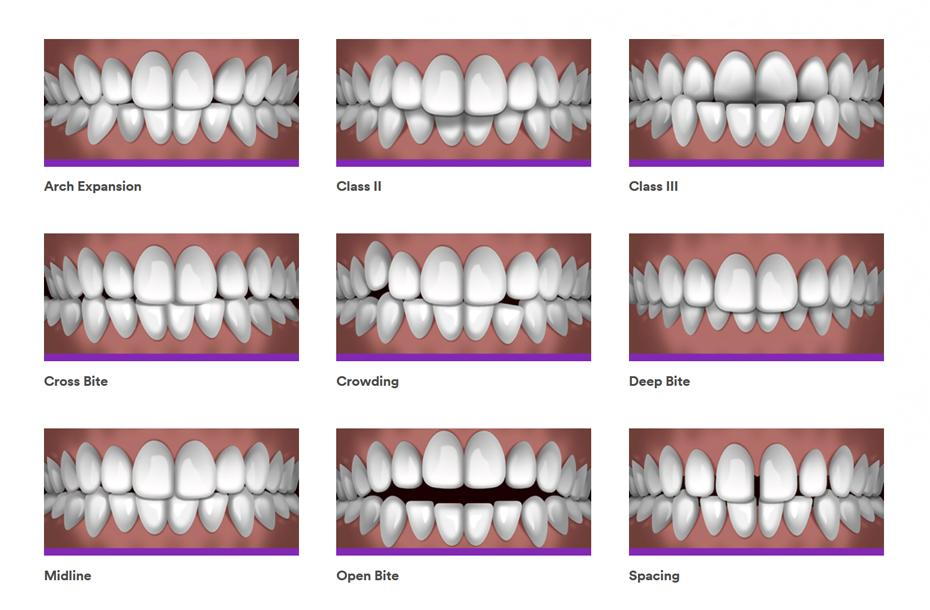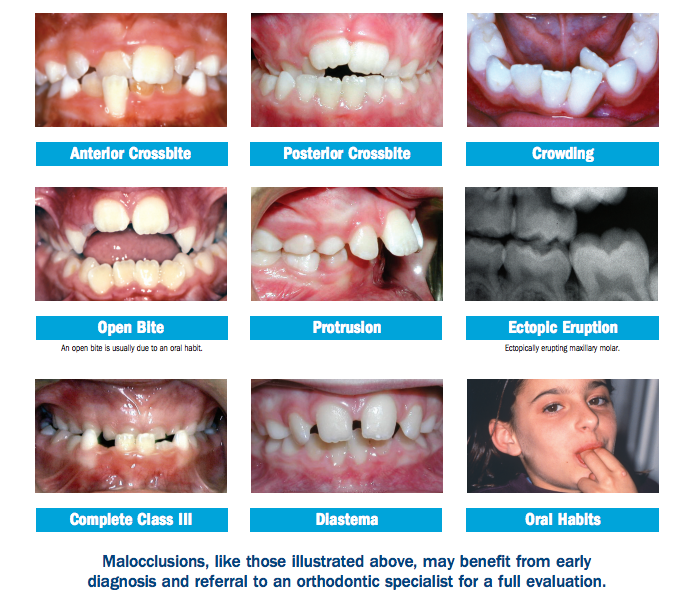About Causey Orthodontics
About Causey Orthodontics
Blog Article
Causey Orthodontics Fundamentals Explained
Table of ContentsExcitement About Causey OrthodonticsExcitement About Causey OrthodonticsSome Of Causey OrthodonticsNot known Details About Causey Orthodontics Causey Orthodontics - The Facts3 Simple Techniques For Causey OrthodonticsNot known Factual Statements About Causey Orthodontics
What is the distinction between a dentist and an orthodontist? To respond to a question that is frequently asked, both dentists and orthodontists assist patients get far better oral wellness, albeit in different means. It assists to remember that dental care is a rather broad science with various clinical expertises. All dental professionals, consisting of orthodontists, treat the teeth, periodontals, jaw and nerves.
Orthodontists and dental practitioners both give dental treatment for people. Orthodontists can function in an oral office and use the very same therapies as various other dentists. You can think of both physicians who deal with periodontal and teeth issues. The primary distinction is that ending up being an orthodontist needs a specific specialty in treating the imbalance of the teeth and jaw.
The Of Causey Orthodontics
An orthodontist is a dental professional that has undergone training to specialize in the medical diagnosis, prevention and therapy of irregularities in the jaw and teeth. Their training consists of dealing with these existing conditions. They can additionally recognize prospective issues in teeth positioning that might create when problems are left neglected. Orthodontists can help individuals of any ages.
This includes all the needed education and learning to end up being a basic dental professional. According to the American Pupil Dental Association (ASDA), it indicates you will certainly need to have either a Medical professional of Medicine in Dentistry (DMD) or a Doctor of Oral Surgery (DDS). To put it simply, orthodontists require to finish oral institution and after that acquire an orthodontics specialized education and learning.
Some orthodontists additionally obtain their masters in craniofacial biology. These programs focus on 2 certain locations or self-controls: Dentofacial Orthopedics: This research focuses on directing teeth and jaw development.
Causey Orthodontics for Dummies

 The overall objective of an orthodontist is to enhance a patient's bite. Not everyone is born with straight teeth, and an orthodontist will certainly make sure that people get equally spaced straight teeth.
The overall objective of an orthodontist is to enhance a patient's bite. Not everyone is born with straight teeth, and an orthodontist will certainly make sure that people get equally spaced straight teeth.
Causey Orthodontics for Beginners
The American Association of Orthodontists recommends your very first check up by age 7. You'll require to see your orthodontist if you have an imbalance in your teeth, also called malocclusion. If you discover irregular bite patterns, a somewhat irregular jaw, or when your teeth are overcrowded, you will likely need orthodontic therapy.
At Advanced Orthodontics, we supply clients with a all natural therapy experience. Additionally, we supply flexible treatment schedules, adaptable settlement choices and an enjoyable, pleasurable experience. Call ( 480) 357-4900 today for more details and timetable a consultation.
An orthodontist is a dental expert educated to detect, stop, and treat teeth and jaw irregularities. They remedy existing problems and are trained to recognize problems that may create in the future. Orthodontists deal with people of every ages, from children to adults. Individuals often connect a perfect smile with health.
What Does Causey Orthodontics Do?
Malocclusion, or misaligned teeth, can result in dental problems, consisting of dental caries, gum illness, and challenging or unpleasant chewing. Not everyone is born with straight teeth. If you have a negative bite or large spaces between your teeth, you may want to consult a dental practitioner focusing on orthodontic care.
(Image Credit Scores: DigitalVision/Getty Images) Orthodontists use repaired and removable dental gadgets, like dental braces, retainers, and bands, to alter the setting of teeth in your mouth. Orthodontic therapy is for dental problems, consisting of: Misaligned teethBite issues, like an overbite or an underbiteCrowded teeth or teeth that are also much apartJaw misalignmentThe goal of orthodontic treatment is to enhance your bite.
Causey Orthodontics - An Overview

All orthodontists are dentists, but not all dental professionals are orthodontists. Orthodontic residency programs supply intensive, concentrated guideline for oral specialists. They concentrate on two areas: How to correctly and securely move teeth Exactly how to effectively lead growth in the teeth, jaw, and faceOnce an orthodontist has actually completed training, they have the choice to end up being board certified.
Malocclusion leads to tooth congestion, a twisted jaw, or irregular bite patterns. Malocclusion is normally treated with: Your orthodontist attaches metal, ceramic, or plastic square bonds to your teeth.
Causey Orthodontics Can Be Fun For Anyone
If you have just small malocclusion, you may have the ability to use clear braces, called aligners, rather than conventional dental braces. Some people require a headgear to aid move teeth into line with stress from outside the mouth. After dental braces or aligners, you'll require to wear a retainer. A retainer is a custom-made tool that keeps your teeth in position.
Report this page